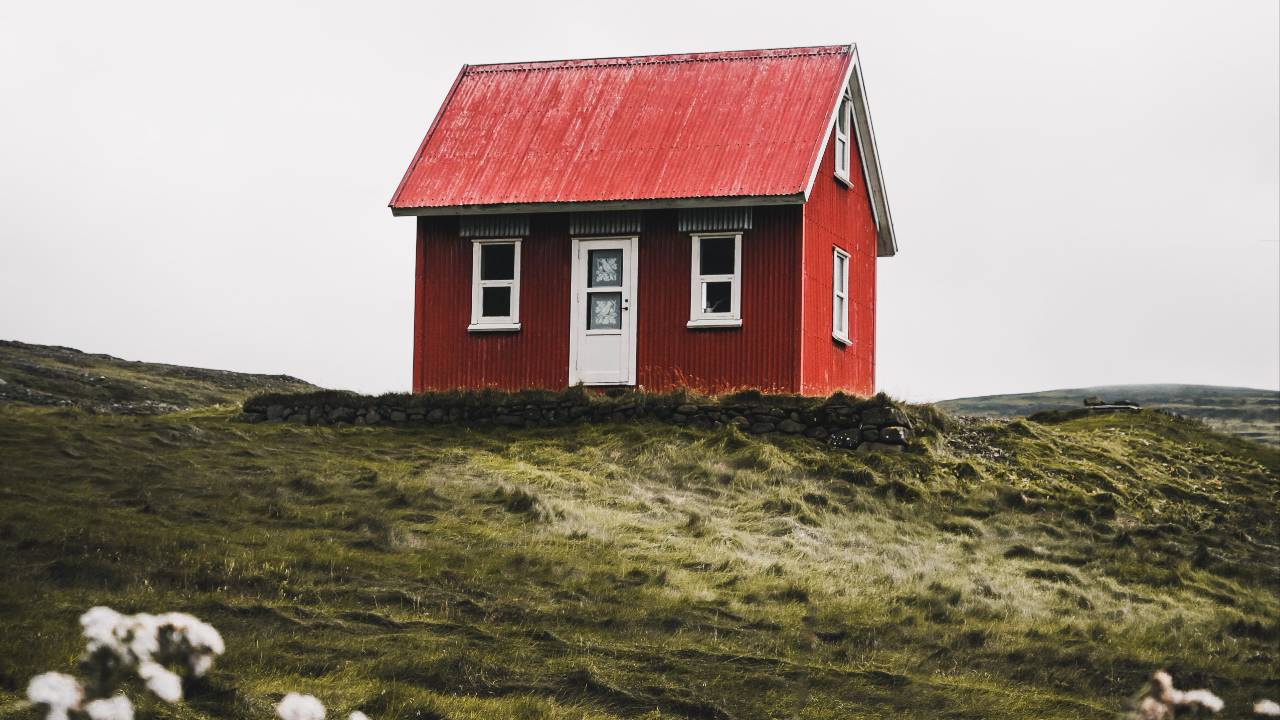Your House is not a Retirement Plan
Jul 04, 2023
According to RATESDOTCA, 20% of Canadian homeowners are relying on their home equity to fund their retirement, and those homeowners that purchased during the pandemic are 3X more likely to expect their home to fund the majority of their retirement.
You can't eat your house in retirement. The walls might taste good.
Of course, I joke, but this is a serious problem if you have invested everything you have into paying off your home & very little else for retirement.
Honestly, I see this happening a lot. Women that are so focused on their mortgage but not on their investments. I believe it comes from 2 places: having a scarce mindset and thinking that all debt is bad AND not having knowledge or confidence to invest, so they do the next best thing (or so they think) and just pay down the mortgage.
Relying on your home equity to retire is a dangerous game. What if it doesn't appreciate the way you think? What if you take a reverse mortgage to get equity out and then you run out of money? What if the interest rates at that time are really high. What if you don't qualify for a reverse mortgage or refinancing, or you can't afford the payments?
Plus, the maximum amount you can receive from CPP is $1,018.35 monthly. That may help a bit, but it would be extremely challenging to live off of that once you consider utilities, FOOD, and all the other basic needs.
There's a lot to this topic, but here is a few things to think about:
- There's good debt & there is bad debt. A mortgage is GOOD debt. It's nothing to feel bad or stressed about, and it should not take priority over investing for your retirement.
- The amount you own on a mortgage can look like a big scary number. But you know what's not a scary number? The amount you can make on an investment portfolio in 5-10 years if you contribute to it consistently.
- Your mortgage interest rate has ranged from 2% to 5% while the average return on the market is typically 7 to 10% per year. It just makes sense to invest in the market at the same time as paying your mortgage, and not to prioritize one over the other.
- What is the best way to avoid losing when investing? DIVERSIFICATION. A well-rounded retirement plan involves diversifying your assets across various asset classes - a house is just one, you need to add to it & create a more balanced approach. Don't put all your eggs in one basket - that is so risky!
Owning a house without a mortgage is a admirable goal & can be an essential part of your retirement plan. However, it's crucial not to rely solely on your house's equity as your primary means of retirement - because your house can't feed you.
Want more inspiring thoughtful tips on how to manage and grow your money? Get on my list here to receive my weekly newsletter.
Grab my free guide: Avoid these 10 Money Myths to Get Rich!
Much love, gratitude and money xx

